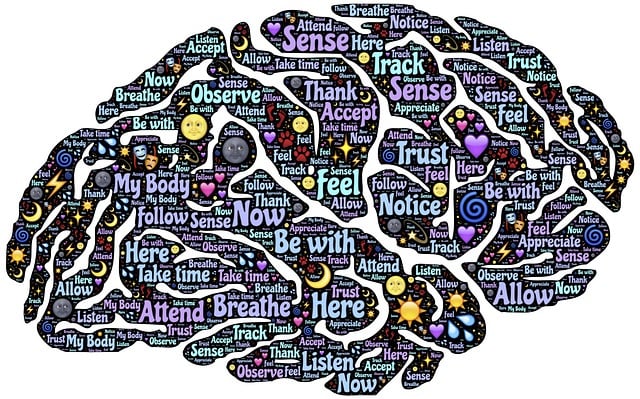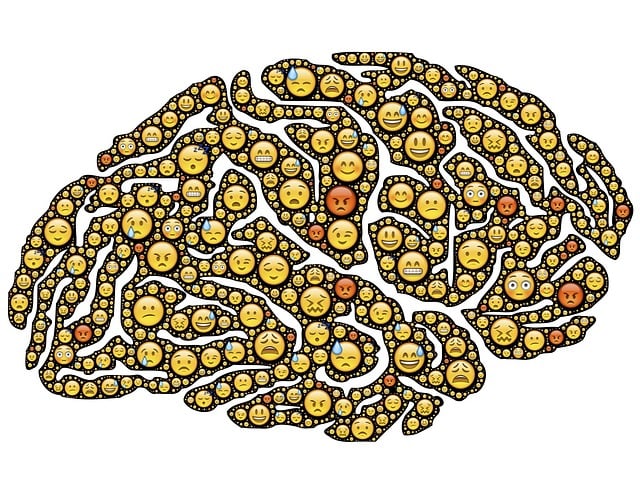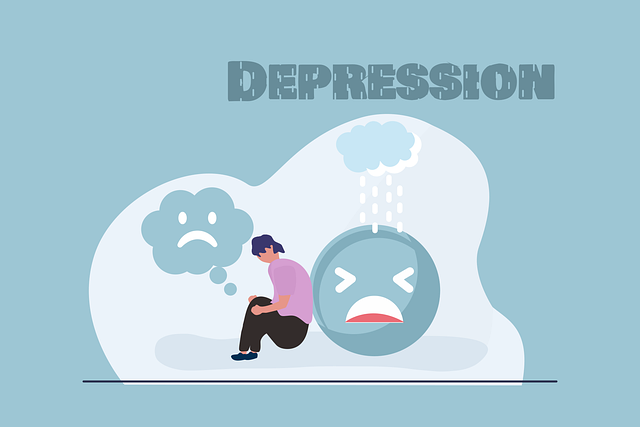The mental health landscape in Arvada and similar areas faces challenges with therapist accessibility, affordability, and disparities in underserved communities. There's a pressing need for culturally competent care and innovative services like trauma support and podcast series. Effective policy interventions, advocacy, and therapist-led initiatives are crucial to bridge these gaps, enhance early intervention, and improve mental health outcomes. Arvada Therapy exemplifies a groundbreaking approach by fostering collaboration, offering holistic care, streamlining services, and promoting a culture of resilience through its unique model, setting a benchmark for effective therapy and mental health policy.
Mental health policy analysis and advocacy are vital components of ensuring accessible, quality care for all. This article delves into the complex landscape of mental health policies, highlighting challenges and gaps that require attention. We explore the critical role therapists and clinicians play in advocacy efforts, discussing effective strategies to amplify their impact. Furthermore, we present Arvada Therapy as a successful model, showcasing how such initiatives enhance access and care standards. By understanding these dynamics, professionals can effectively navigate systems and drive positive change.
- Understanding Mental Health Policy Landscape: Challenges and Gaps
- The Role of Therapists-Clinicians in Advocacy: Strategies for Impact
- Arvada Therapy as a Model: Enhancing Access and Quality of Care
Understanding Mental Health Policy Landscape: Challenges and Gaps

The mental health policy landscape is complex and ever-evolving, presenting both challenges and gaps that require meticulous attention from advocates and professionals alike. In many regions, including areas like Arvada, therapy services for therapists and clinicians face significant hurdles in terms of accessibility and affordability. Despite the growing recognition of mental wellness as a cornerstone of overall health, disparities persist, particularly within underserved communities. This calls for comprehensive policy interventions that address the need for quality, culturally competent care.
One notable gap involves ensuring healthcare provider cultural competency training to cater to the diverse populations seeking therapy. Additionally, there is a rising demand for Trauma Support Services and innovative approaches like Mental Wellness Podcast Series Production to engage a wider audience in conversations about mental health. These strategies not only enhance awareness but also encourage early intervention, potentially reducing the burden on traditional therapy models. Effective policy advocacy can help bridge these gaps, fostering an environment where therapists-clinicians can thrive while delivering impactful care to those in need.
The Role of Therapists-Clinicians in Advocacy: Strategies for Impact

Therapists and clinicians play a pivotal role in mental health advocacy, serving as powerful voices for change within their communities. Beyond providing therapy for individuals seeking support, these professionals can leverage their expertise to drive systemic improvements. One effective strategy is participating in policy discussions and advocating for evidence-based practices that prioritize mental well-being. By sharing insights gained from clinical work, therapists can inform policymakers about the unique needs of their clients, ensuring that policies reflect reality on the ground.
Engaging in education and outreach initiatives is another crucial aspect. Therapists can contribute to Mental Health Awareness campaigns, offering Crisis Intervention Guidance tailored to local contexts. Moreover, they can facilitate workshops and seminars for fellow professionals, focusing on topics like Risk Management Planning for Mental Health Professionals. Such proactive measures not only enhance the resilience of their peers but also contribute to a more robust and supportive mental health care ecosystem in places like Arvada Therapy.
Arvada Therapy as a Model: Enhancing Access and Quality of Care

Arvada Therapy presents a compelling model for enhancing mental health care accessibility and quality. By fostering collaboration between therapists, clinicians, and the community, this approach ensures that individuals seeking support receive tailored interventions. This holistic strategy includes not just self-awareness exercises and self-care practices, but also addresses broader social determinants of health, ensuring mental wellness is supported at every level.
The model’s success lies in its ability to streamline services, reduce barriers to care, and promote a culture of resilience. Therapists are equipped with innovative tools and training, enabling them to effectively cater to diverse client needs. This focus on continuous improvement and accessibility makes Arvada Therapy a game-changer in the field, setting a benchmark for comprehensive mental health policy implementation.
Mental health policy analysis and advocacy are vital components in shaping accessible and effective care systems. By identifying challenges and gaps within the policy landscape, therapists-clinicians can play a crucial role in driving positive change. Implementing strategies that leverage their expertise and networks, such as the Arvada Therapy model, demonstrates how enhanced access and improved quality of care can be achieved. This approach not only benefits individual patients but contributes to a more robust mental health framework for communities at large.












